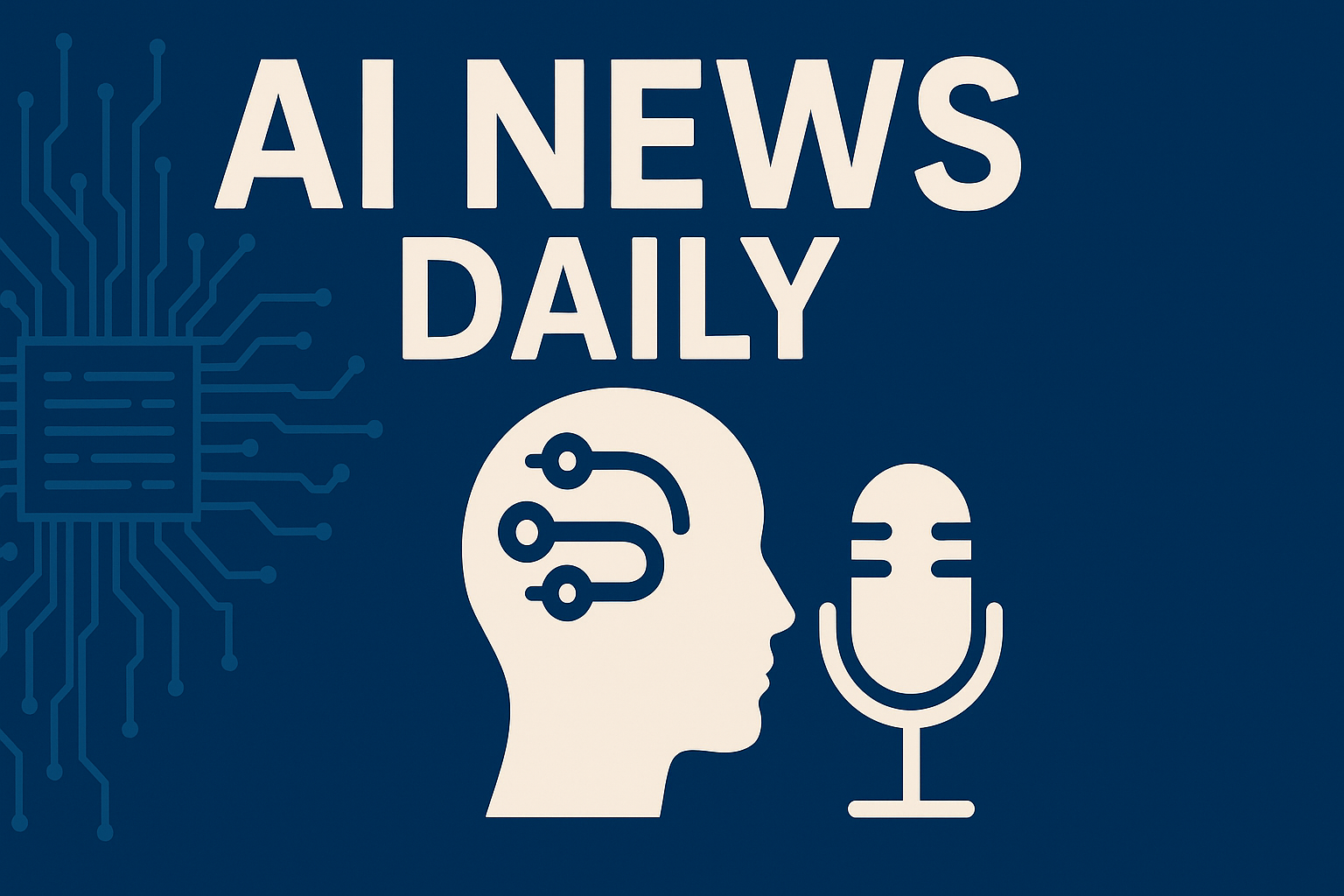Title: AI Advances Accelerate Global Competition, Spur Innovation—and Heighten Risks in Privacy, Jobs, and Security
Content:
Artificial intelligence is advancing at unprecedented speed, with the world’s tech giants—OpenAI, Google, Meta, Microsoft, and Alibaba—pushing forward on multiple fronts and reshaping industries and societies worldwide. Recent milestones include OpenAI and Google triumphing at the International Mathematical Olympiad, and Alibaba launching new open-source models, all signaling a fierce global race for AI leadership. The U.S. government has responded with a comprehensive AI Action Plan, focused on boosting innovation, fortifying infrastructure, expanding international partnerships, and reinforcing security through open-source technology, robust cybersecurity, and stricter export controls.
At the same time, AI’s growing influence is transforming the job market. Automation is replacing entry-level coding positions, and over 80,000 tech professionals have been laid off in recent waves, yet the demand for AI specialists is skyrocketing across other sectors—with AI skill salaries averaging $18,000 higher and generative AI job postings up 800% since 2022. Junior developers are being pushed toward more creative roles, and AI-powered job applications are streamlining hiring, although concerns remain about algorithmic bias and the need for transparency.
The competition for AI talent has become intense. Microsoft recently hired Amar Subramanya, former head of Google’s Gemini chatbot, as Corporate VP of AI amid a wider talent war that includes major compensation battles between OpenAI and Meta. OpenAI alumni are also driving a surge of billion-dollar AI startups, extending their influence beyond the company.
Among consumers, the battle for AI chatbot and service dominance is heating up—Google’s Gemini app now counts over 450 million monthly users in India, thanks to free premium features and rapid expansion, while Samsung prepares to challenge Gemini with new AI features in its upcoming Galaxy S26. Google is also redefining the search experience via a Gemini-powered Web Guide and democratizing AI development with the no-code Opal platform.
The surge in generative AI is rapidly transforming healthcare, empowering doctors with AI assistants and delivering personalized wellness services to over 100 million users through platforms like Ant Group’s AQ health app. Meanwhile, Google DeepMind’s Aeneas AI is helping historians reconstruct damaged Roman inscriptions, unlocking new discoveries from the ancient world.
However, rapid AI advancement is bringing a host of challenges and risks. Deepfake technology is becoming nearly undetectable, fueling fears about misinformation and cybercrime. Cybercriminals have already exploited hidden prompts to manipulate Google’s Gemini AI, targeting global travelers with sophisticated phishing scams. Technical problems persist—Google’s Gemini CLI coding tool recently caused catastrophic file loss due to a misinterpreted command, raising alarms over developer tool safety.
Privacy and data protection remain urgent concerns. OpenAI CEO Sam Altman has twice warned users that ChatGPT conversations lack legal confidentiality and could be used in court, advising against sharing sensitive information and calling for stronger privacy laws governing AI interactions. Policy efforts to close legislative gaps are growing; a proposed parliamentary law seeks to criminalize AI tools that facilitate child abuse.
Political and ethical controversies also abound. The Trump administration has issued executive orders targeting what it calls “woke” AI, referencing errors like Google Gemini’s controversial portrayal of historical figures—prompting public apologies from Google and promises of improvement from CEO Sundar Pichai. OpenAI’s chairman Bret Taylor has counseled startups to focus on application building rather than foundational AI model development due to resource and cost barriers posed by tech giants’ dominance.
Meanwhile, OpenAI’s ambitions continue to grow, with CEO Sam Altman outlining a plan to scale up to one million GPUs by 2025—and an aspirational goal of 100 million GPUs—drawing attention to enormous challenges in global infrastructure, energy needs, and economic sustainability.
As autonomous AI agents emerge and workplace roles are redefined, businesses must navigate complex questions about job displacement and accountability. Experts underscore the need for responsible development, transparency in algorithms, and thoughtful policy to ensure that AI’s benefits do not come at the cost of security, fairness, or privacy.
